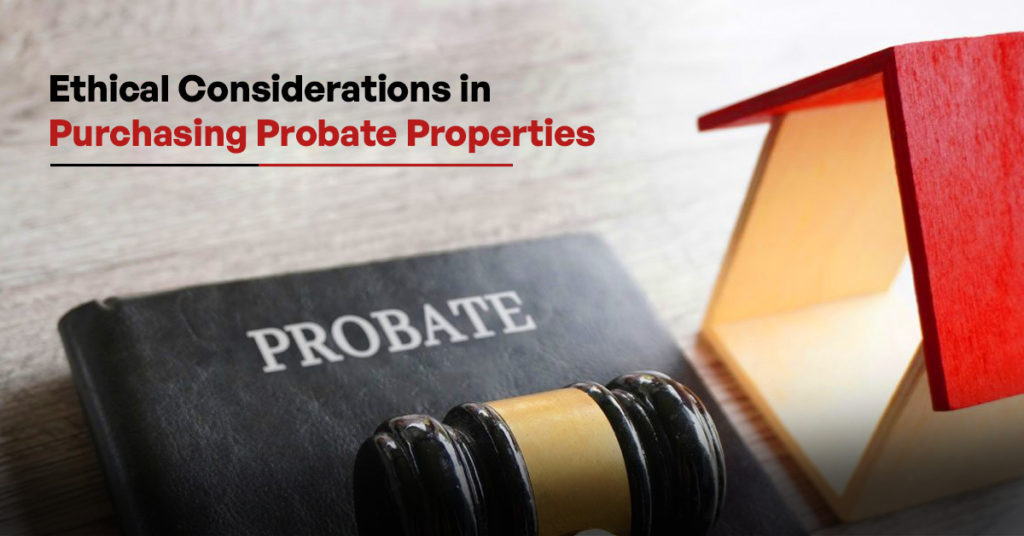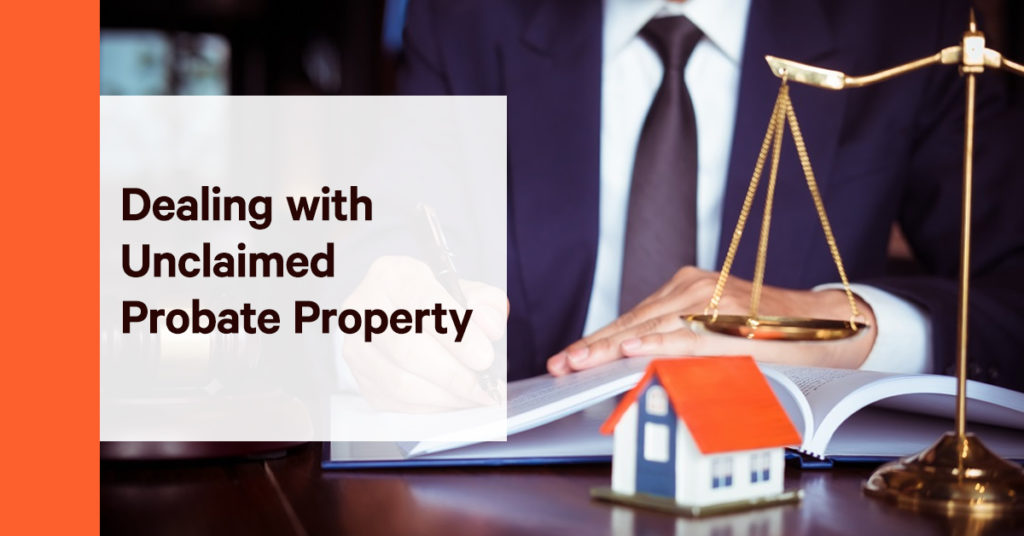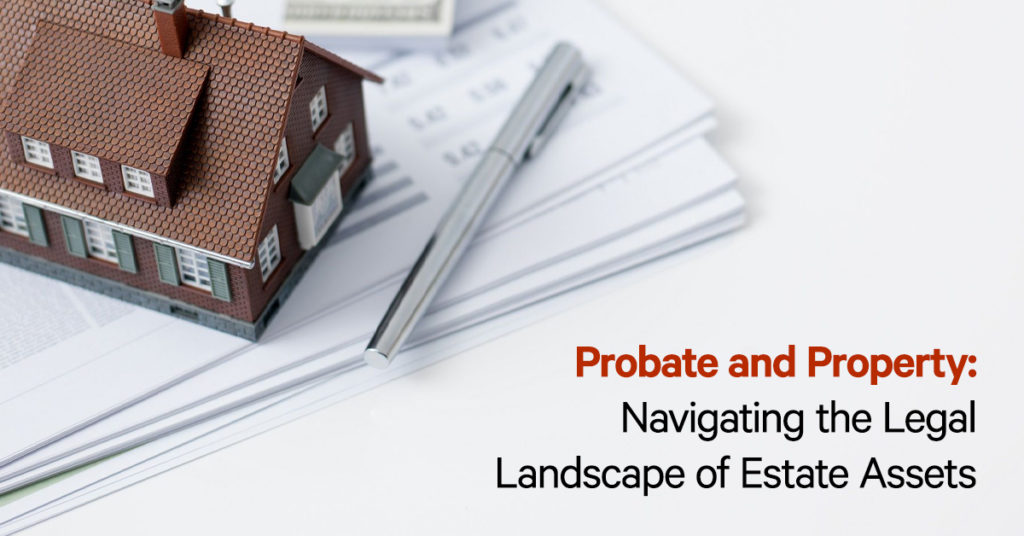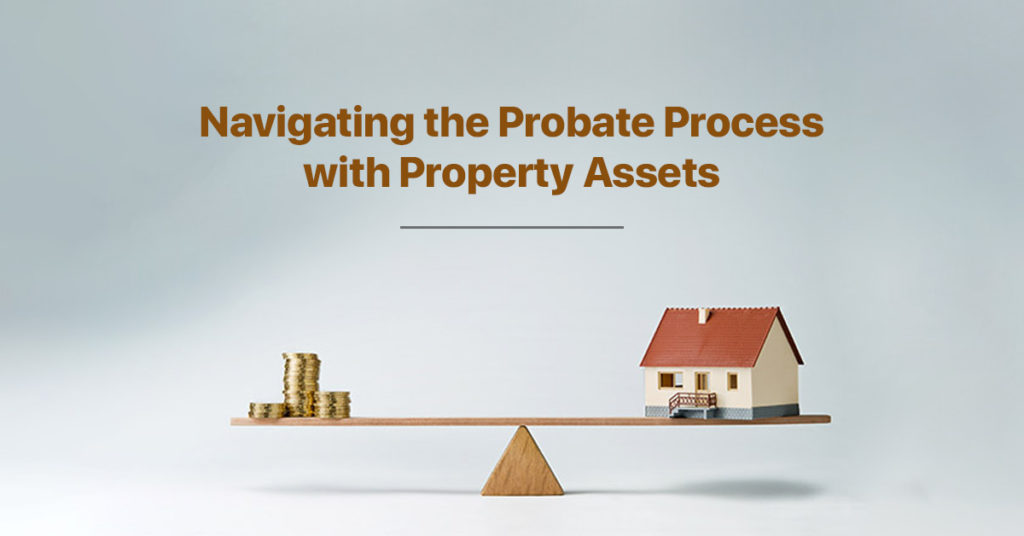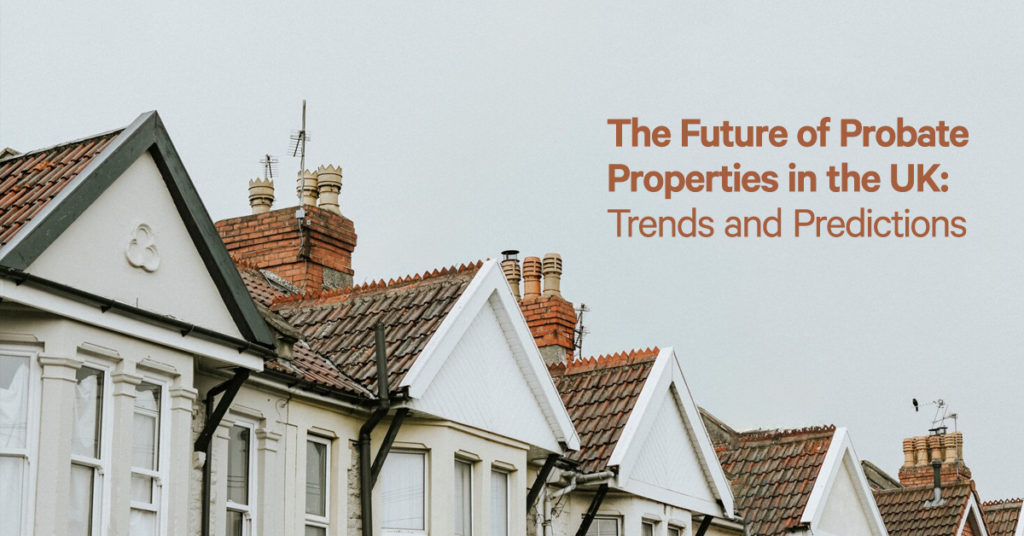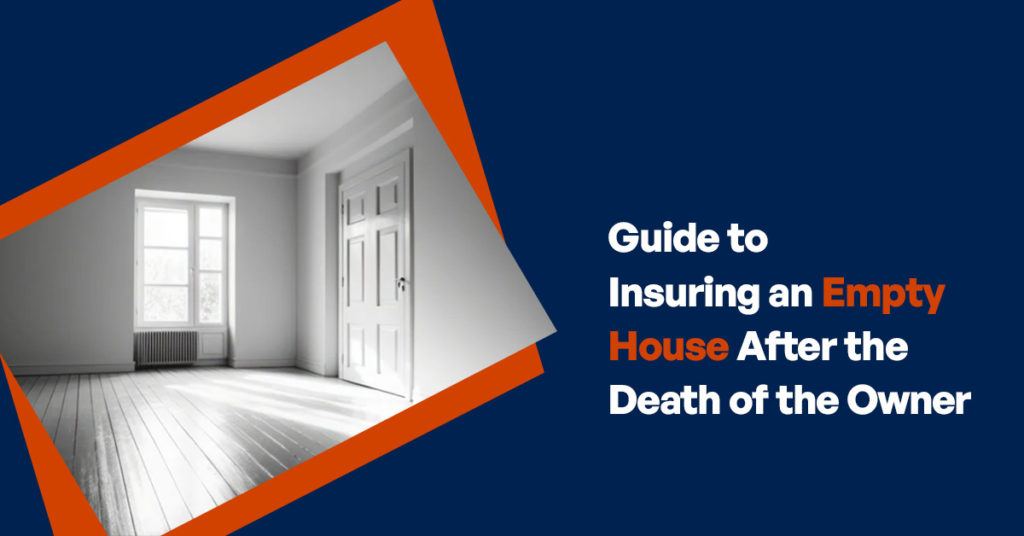
Dealing with the passing of a loved one is undoubtedly one of life’s most challenging experiences. During the grieving process, practical matters such as securing the deceased’s assets, including their property, become essential. If you find yourself responsible for an empty house after the death of the owner, making sure it’s adequately insured is important to protect it from various risks.
In this blog, we’ll walk you through the steps to effectively insure an empty house in the UK after the owner has passed away. From understanding the unique risks associated with unlived properties to assessing the current insurance policy and exploring alternative options, we’ll provide you with the guidance you need to handle this challenging process with confidence. What’s more, we’ll discuss the importance of implementing security measures, conducting regular property checks, and seeking professional help from probate experts to make sure that the property remains adequately protected during its vacant period. By following these steps and utilising the resources available, you can safeguard your loved one’s property and provide yourself with peace of mind during this difficult time.
Understanding the Risks of an Empty House After the Death
An empty house, especially after the death of the owner, faces numerous risks that may not be immediately obvious. From potential break-ins, vandalism, and theft to damage from natural disasters or neglect, the vulnerabilities are significant. Insurance for an empty house after the death of the owner is essential to mitigate these risks and safeguard the property and its contents.
Assessing the Current Insurance Policy
The first step to insuring an empty house after the death of the owner is to review the existing insurance policy, if any. Determine whether the current policy covers the property while it’s not lived in. Some insurance policies may have clauses specifying coverage changes once the property becomes unoccupied. Understanding the terms and limitations of the existing policy is important before seeking new coverage.
Contacting the Insurance Provider
Once you’ve assessed the current policy, it’s time to contact the insurance provider. Inform them about the situation – the death of the owner and the vacancy of the property. They can advise you on the next steps, whether it involves amending the existing policy or acquiring a new one tailored to the vacant status of the house. Prompt communication with the insurance company is essential to make sure the property is continuously covered and avoid any potential disputes that may arise due to misunderstandings.
Exploring Insurance Options for an Empty House After the Death
Insurance options for an empty house after the death of the owner may vary depending on the provider and the circumstances. Some insurers offer specialised policies designed specifically for unoccupied properties, providing coverage for risks associated with vacancy. Explore these options thoroughly, considering factors such as coverage limits, premiums, and extra features like liability protection and emergency help. While doing so, it’s important to keep the property’s unique characteristics and potential risks in mind to make sure the right coverage is achieved.
Securing Comprehensive Coverage
When selecting insurance for an empty house after the death of the owner, prioritise the coverage that addresses all potential risks. Make sure the policy includes protection against dangers such as fire, theft, vandalism, water damage, and natural disasters. Plus, consider optional coverages like liability insurance to safeguard against legal claims arising from accidents on the property. By securing comprehensive coverage, you can have peace of mind knowing that the property is adequately protected during its vacant period.
Implementing Security Measures
Insurance providers often require certain security measures to be in place for coverage of an empty house after the death of the owner. Installing robust security systems, including burglar alarms, motion sensors, and CCTV cameras, can help reduce risks and lower insurance premiums. Make sure to comply with any security requirements specified by the insurance company to maintain coverage. Regularly assess and update security measures as needed to make sure the property stays safe.
Regular Property Checks
To prevent issues such as undetected damage or unauthorised entry, schedule regular checks of the empty house after the death of the owner. Inspect the property inside and out for signs of damage, maintenance issues, or suspicious activity. Quickly address any concerns to maintain the property’s condition and make sure you stay compliant with insurance requirements. Regular property checks not only help in maintaining the property but also show your commitment to risk management, potentially leading to lower insurance premiums.
Seeking Professional Help
Contending with the complexities of insuring an empty house after the death of the owner can be overwhelming, especially during a challenging time. Consider seeking professional guidance from probate experts who specialise in managing estates and property matters. They can offer valuable advice and help in securing appropriate insurance coverage tailored to your specific circumstances. With their expertise, you can manage the insurance process with confidence and make sure that the property is properly protected.
Securing Peace of Mind
Insuring an empty house after the death of the owner is a critical aspect of estate management. By understanding the risks involved, assessing insurance options, and implementing necessary security measures, you can protect the property and its assets effectively. If you need help or guidance throughout the process, don’t hesitate to reach out to probate experts for support. With their help, you can handle the insurance process smoothly and make sure that the property remains safeguarded while it’s vacant.
Get in Touch Today
Do you need help with insuring an empty house after the death of the owner? Contact us today for expert guidance and personalised solutions tailored to your needs and circumstances. Our team of probate experts specialises in estate insurance management and is dedicated to providing you with the support you need during this challenging time. Complete our contact form, and we’ll aim to call you back within a few hours. Or, please feel free to call us directly on 01603 552028 or email us at hello@probatesonline.co.uk. Whether you have questions about insurance options, need help with the insurance process, or require help with any other aspect of estate management, we’re here to help you every step of the way.

